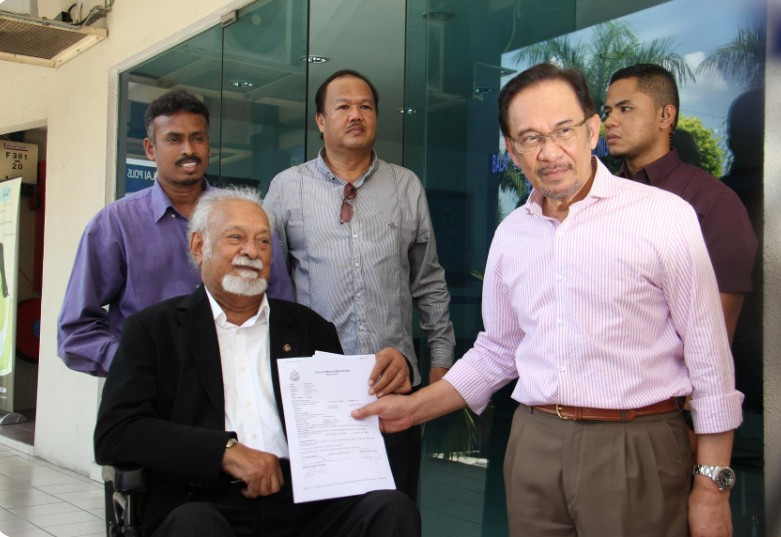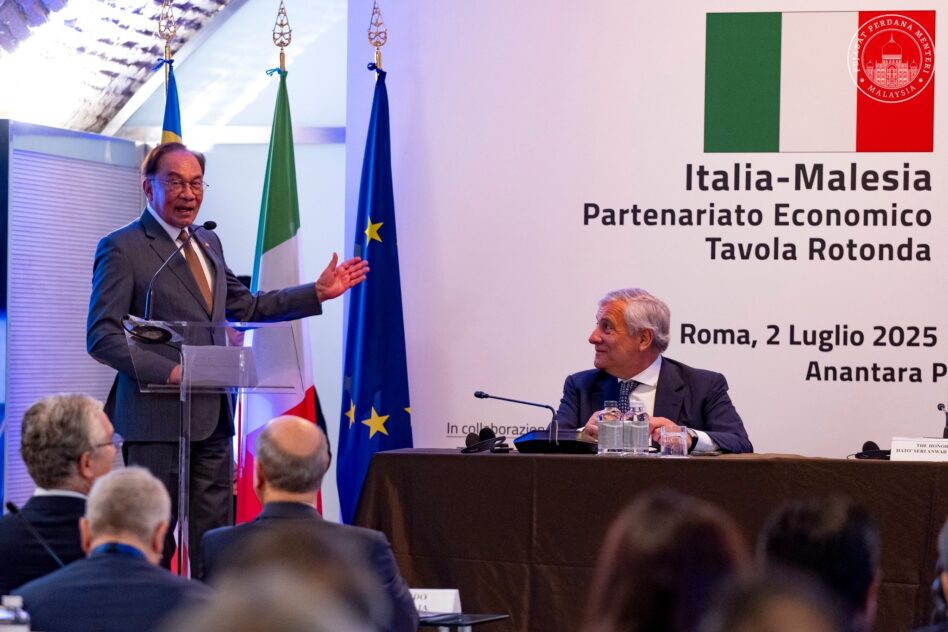THE High Court’s ruling to allow Malaysian mothers to confer citizenship to their children born overseas, equal to Malaysian men, is a landmark decision that upholds principles of equality aligned with international protocols signed by Malaysia.
“The decision has paved the way for a brighter and fair future for all children born to a Malaysian parent married to a non-Malaysian, irrespective of gender,” said the National Human Rights Commission of Malaysia (Suhakam) children commissioner Datuk Noor Aziah Mohd Awal.

On Sept 9, High Court Justice Datuk Akhtar Tahir ruled that children born overseas to Malaysian mothers and foreign fathers are automatically entitled to Malaysian citizenship.
During online proceedings, Akhtar ruled that Malaysian women (wedded to foreigners) have the same right as Malaysian men married to foreign women, to confer citizenship by operation of law on their children born overseas.
He came to the decision after reading several clauses in harmony, namely Article 8(2) of the Federal Constitution, together with Article 14(1)(b), which is also read with Section (1)(b) of Part II of the Second Schedule of the Federal Constitution.
Equality won
For now, it is not known whether the Home Ministry will appeal against the ruling but Cabinet ministers Datuk Zuraida Kamaruddin, Datuk Seri Wan Junaidi Tuanku Jaafar and Datuk Seri Rina Harun has applauded the decision and urged the ministry not to appeal against it.
Touching on the ruling, Aziah said that she had been closely monitoring the case since it was filed last year, adding the decision would help a child’s legal standing in the country for years to come.
“The fact is, uncertainties related to the legal status of a child born overseas to a Malaysian mother married to a foreigner leads to immediate and long-term effects throughout his or her life.
“Among the challenges faced by these children and their mothers include denial of birth registration due to the absence of a foreign parent (who may not be in the country); and/or denial or difficulties in renewing, extending, or applying for visa,” she noted.
The human rights commissioner remarked: “The absence of either may cause a child to be vulnerable, denying all rights the child deserves similar to other Malaysian children, especially access to public education and healthcare.” – Sept 12,2 2021.









